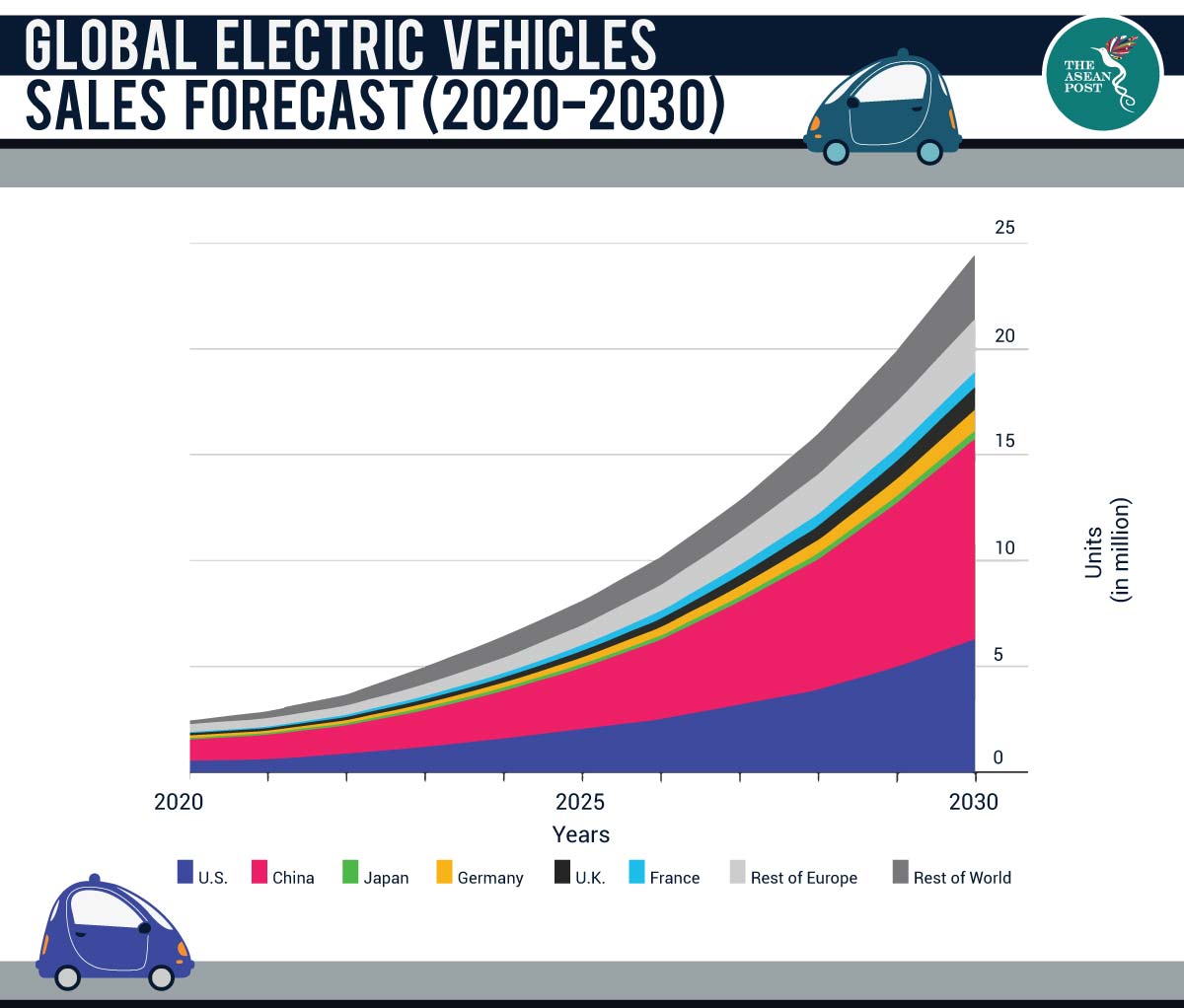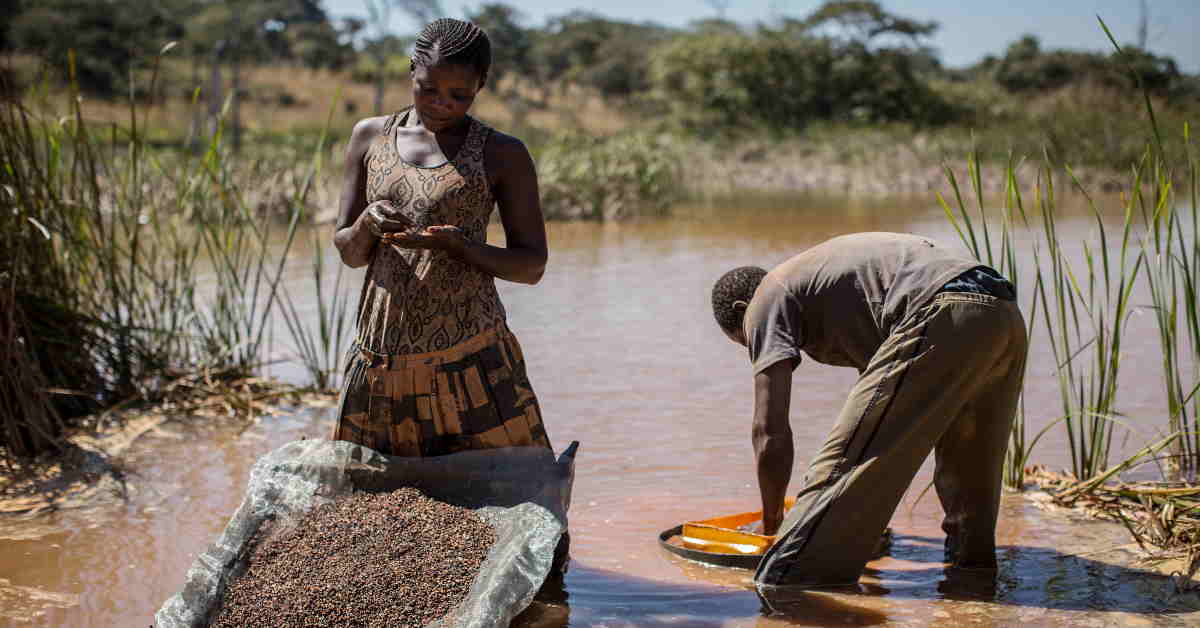Research has shown that although electric vehicles (EVs) come with their own bag of problems as far as the environment goes, they are still much less harmful than conventional automobiles.
ASEAN has made its intentions to move towards EVs known. The reason for the transition is largely attributed to the environmental impact of using and being reliant on fossil fuels and combustion engines.
In November last year, the European Environment Agency (EEA) released a report titled, “Electric vehicles from life cycle and circular economy perspectives” in which it noted that while emissions are usually higher in the production phase of electric cars, they are more than offset by lower emissions in the usage phase over time.
The report acknowledged that EVs do come with certain disadvantages to the environment but all in all they are still a much better option than fossil-fuel powered engines.
And so, it looks as though EVs are the way to go and ASEAN has expressed its intention to make the shift.
However, is there something more sinister simmering just under the surface as far as moving to EVs goes?
The Cost Of A Battery
In March 2019, Amnesty International challenged leaders within the electric vehicle industry to make the world’s first completely ethical battery within five years. At the Nordic EV Summit in Oslo, Norway, the organisation highlighted how lithium-ion batteries, which power electric cars and most electronics, are linked to human rights abuses including child labour.
Amnesty International documented serious human rights violations linked to the extraction of the minerals used in lithium-ion batteries, particularly in the Democratic Republic of The Congo (DRC). A 2016 investigation found children and adults in southern DRC working in hand-dug cobalt mines facing serious health risks.
According to the human rights group, these workers were neither protected by the government nor respected by the companies that profited from their labour. Amnesty’s research has linked these mines in the DRC to the supply chains of many of the world’s leading electronics brands and electric vehicle companies.

“Despite projections that the demand for cobalt will reach two million tons per year by 2020, no country legally requires companies to publicly report on their cobalt supply chains. With more than half of the world’s cobalt originating in southern DRC, the chance that the batteries powering electric vehicles are tainted with child labour and other abuses is unacceptably high,” the group said.
Amnesty International, however, acknowledged that there has been some progress since 2016 (and in response to the group’s research) as several leading companies have begun publishing data about their supply chains. These companies include Apple, BMW, Daimler, Renault, and the battery manufacturer, Samsung SDI. Amnesty has called on others to do the same.
Scholar and filmmaker, Julian Vigo wrote earlier this year that approximately 60 percent of cobalt mining takes place in the DRC where mines are controlled by armed groups and violent militias. She also quoted Laura Kasinof, an award-winning independent journalist and author, as saying that militias in eastern Congo have only increased in number since the Dodd-Frank Act (2010) which requires tin, tungsten, coltan and gold mining companies to perform due diligence to mitigate risks associated from mining in and around the DRC.
“Miners are still working in pitiful conditions with little investment into tools and infrastructure. Much evidence points to the reality that minerals coming from mines controlled by militias are still making their way into the global market,” Kasinof wrote back in April 2018.
Apparently, this issue isn’t just present in the DRC. Over on the other side of the South Atlantic Ocean, Amnesty claimed that it has also begun documenting human rights violations of indigenous peoples living near lithium mines in Argentina. Indigenous communities are apparently not being properly consulted about mining projects on their lands and are given insufficient information about the potential impacts of mining on their water sources.
As the world (and ASEAN) makes the move to EVs, more lithium mines will open to meet the ever-growing demand. It is imperative that industry and national leaders ensure that clean air does not come at the cost of people’s lives.
Related Articles:
